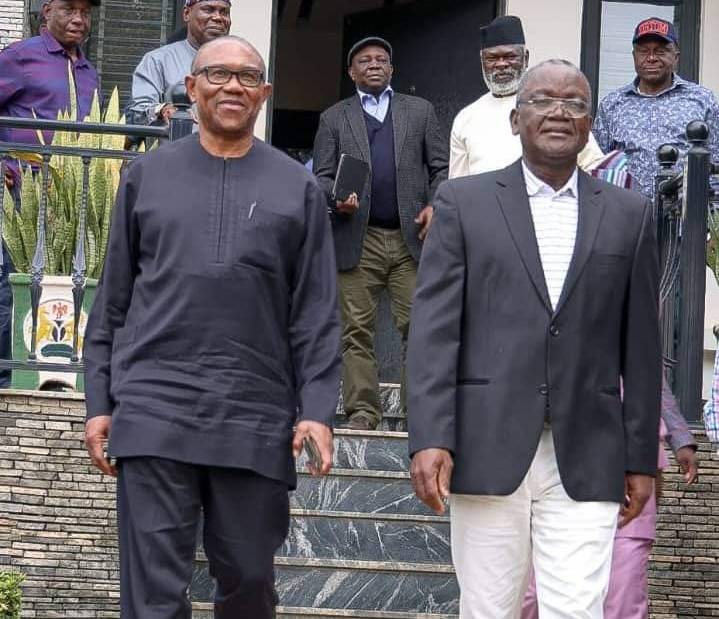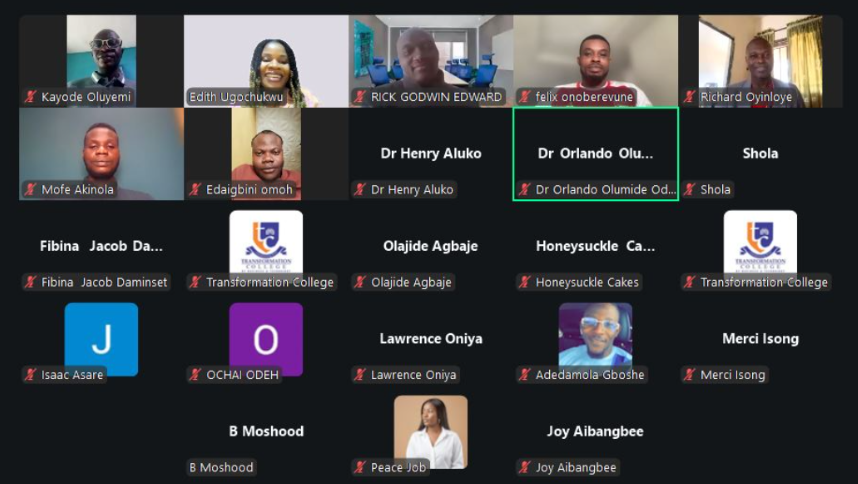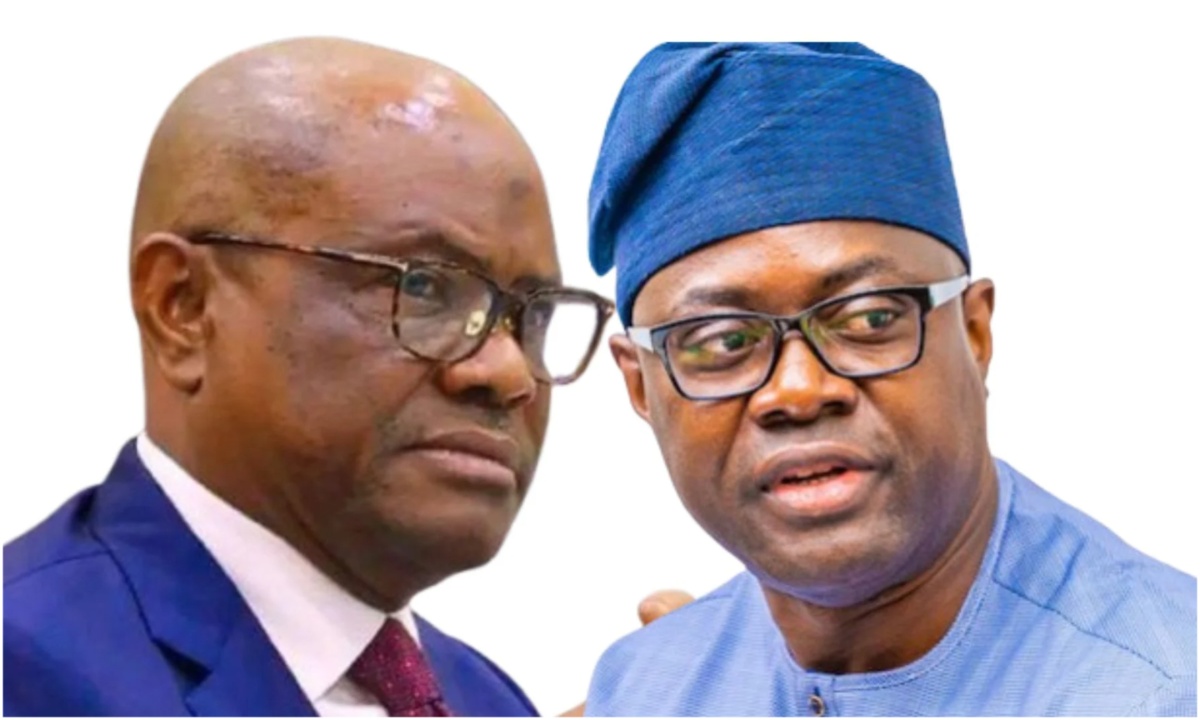Transformation College of Business and Technology successfully held its 2025 Virtual Graduation Ceremony on Friday, 20 December 2025, marking another milestone in its mission to develop globally competitive professionals across business, technology, and emerging digital fields.
The virtual event brought together graduating students, faculty members, guest speakers, industry leaders, and members of the Transformation College community from different parts of the world. The ceremony served both as a celebration of academic achievement and a reaffirmation of the institution’s commitment to delivering accessible, high-quality professional education.
Graduates were celebrated across a wide range of industry-relevant programmes, reflecting the College’s multidisciplinary approach to skills development. The graduating programmes included the Certificate in English Language and Communication Skills, Diploma in Microsoft Office 365, Diploma in Marketing and Digital Innovation with Google Suite, Certified AI and Automation Specialist, Certified AI Business Analyst, Entrepreneurship and Business Management, as well as Software Application Development and Cybersecurity. Each programme was structured to equip learners with practical competencies, global best practices, and career-ready skills aligned with the demands of the modern workplace.
The ceremony opened with welcome addresses and institutional reflections from the College’s leadership, who highlighted the academic journey of the graduating cohort. Speakers commended the resilience, discipline, and commitment demonstrated by the students throughout their training, particularly as many balanced professional responsibilities alongside intensive learning schedules. The leadership also reaffirmed Transformation College’s founding vision of democratizing access to professional education while empowering learners with skills that translate directly into relevance, value, and employability.
A major highlight of the ceremony was the keynote address delivered by Dr. Dayo Sobowale, Ph.D, Dean of Computer and Information Engineering at the Federal University, Oye-Ekiti. In his address, Dr. Sobowale stressed the importance of continuous learning, ethical practice, and adaptability in an increasingly technology-driven world. He urged graduates to view their certificates not as endpoints, but as foundations for lifelong professional growth and leadership.
The ceremony also featured an industry-focused address by Mr. Wale Adedeji, Chief Executive Officer of Datamellon. Drawing from his experience in entrepreneurship and technology leadership, he challenged the graduates to remain innovative, solution-oriented, and courageous in applying their skills to real-world challenges. He emphasized the growing demand for professionals who can effectively combine technical competence with business insight and integrity.
One of the most anticipated moments of the event was the formal presentation of certificates to graduating students. In line with Transformation College’s tradition, the certification segment celebrated academic effort, personal growth, and professional readiness. Graduates were acknowledged for their perseverance, commitment to learning, and successful completion of programmes designed to meet global professional standards.
Beyond individual accomplishments, the ceremony highlighted the broader impact of Transformation College across Africa and the global professional space. Reflections shared during the event illustrated how the College’s programmes have supported career transitions, enhanced workplace performance, and expanded opportunities for learners from diverse backgrounds.
As the event drew to a close, graduates were formally inducted into the Transformation College alumni community, joining a growing network of professionals positioned to drive innovation, ethical leadership, and sustainable development across various industries.
Founder of Transformation College of Business and Technology, Dr. Orlando Olumide Odejide, said, “Transformation is a deliberate commitment to growth, relevance, and excellence. As our graduates step into the world, this moment marks not an end, but the beginning of a journey to continually evolve, create value, and lead with purpose in an ever-changing global landscape.”
The 2025 Virtual Graduation Ceremony stood as a clear testament to Transformation College of Business and Technology’s continued commitment to excellence, relevance, and empowerment. As the institution expands its offerings in business, technology, artificial intelligence, and professional development, it remains focused on shaping a new generation of skilled, confident, and globally competitive professionals.

 National4 days ago
National4 days ago
 National5 days ago
National5 days ago
 Featured3 days ago
Featured3 days ago
 Featured6 days ago
Featured6 days ago
 News4 days ago
News4 days ago
 Sports6 days ago
Sports6 days ago
 Featured1 day ago
Featured1 day ago
 Business6 days ago
Business6 days ago













